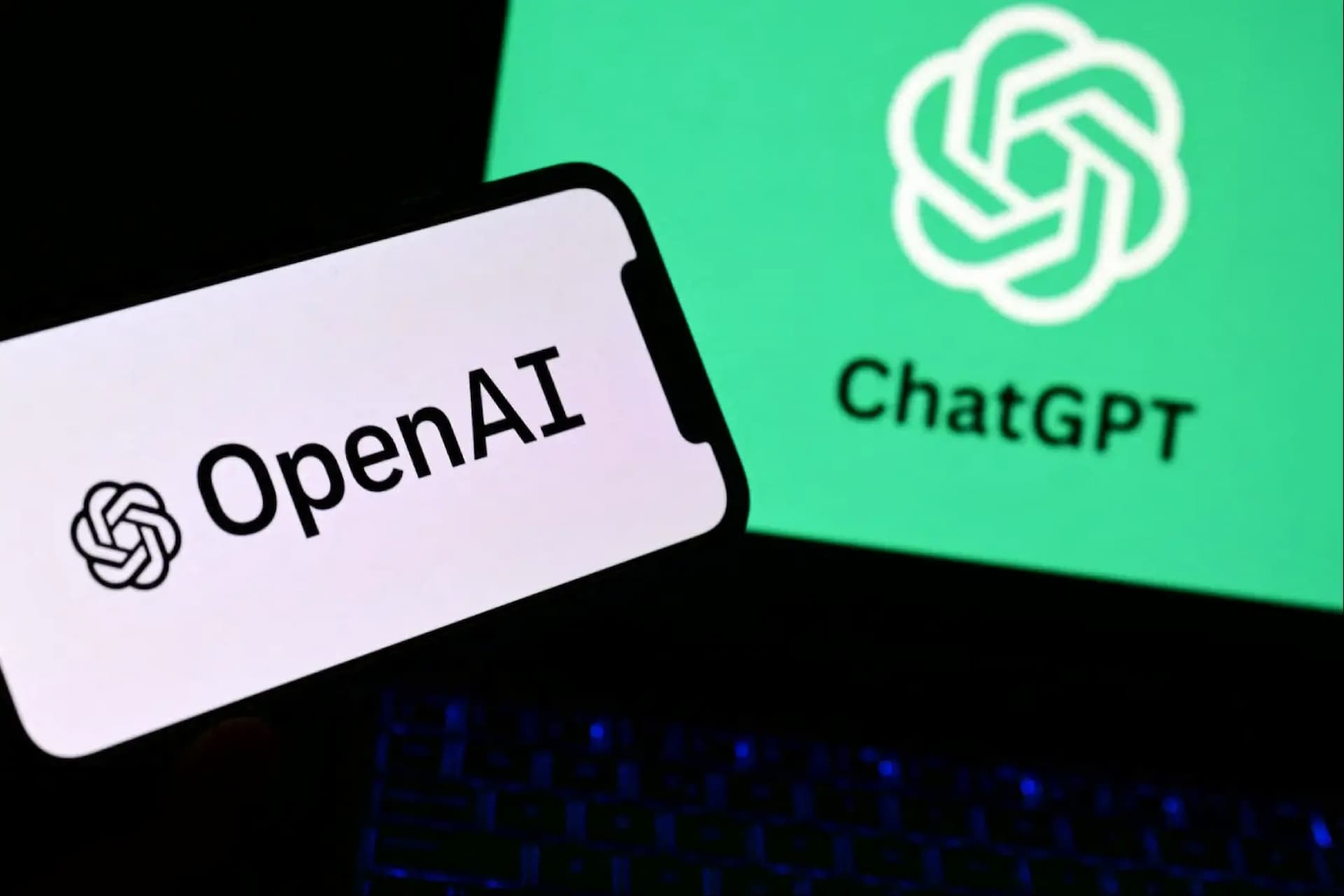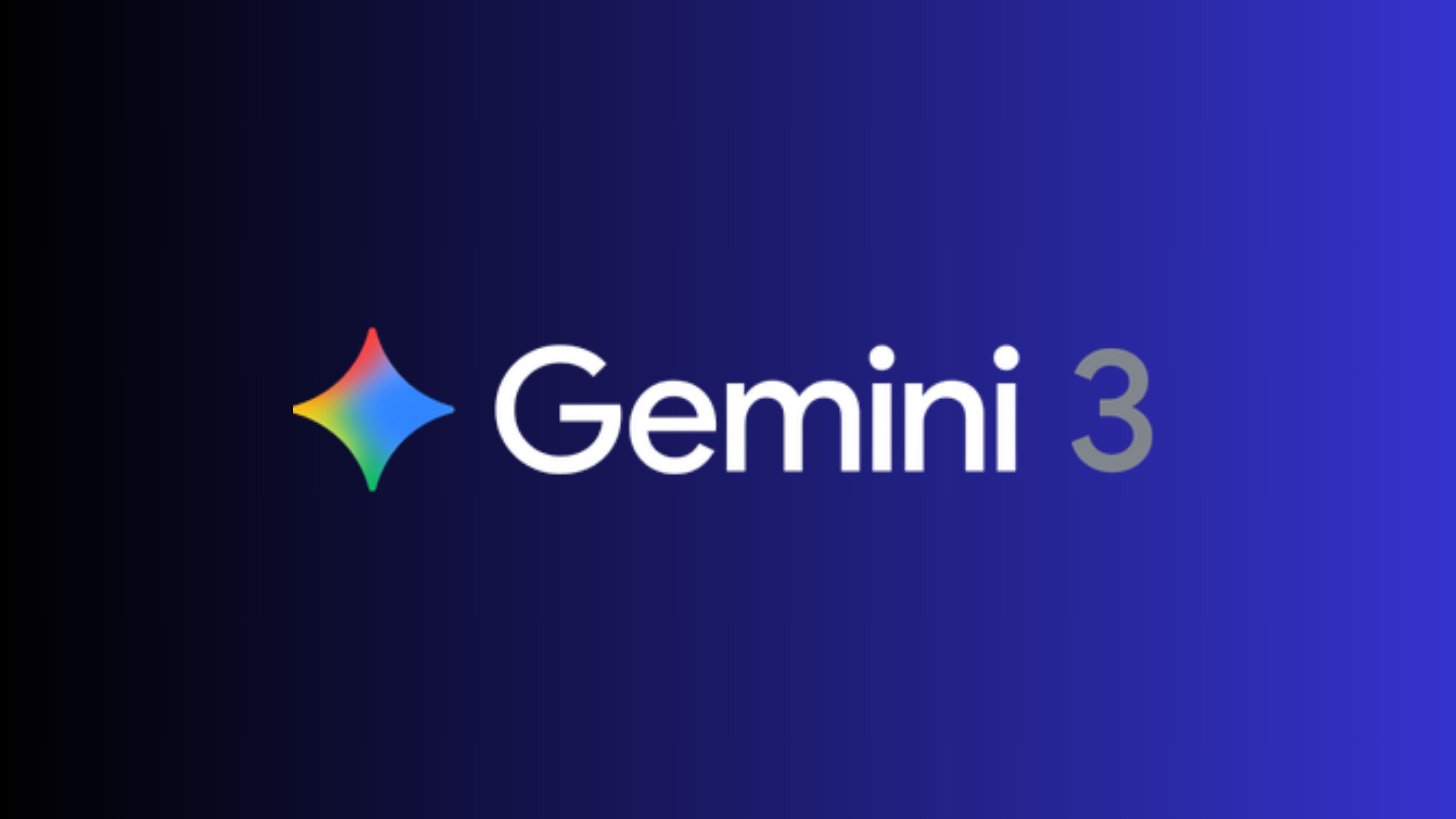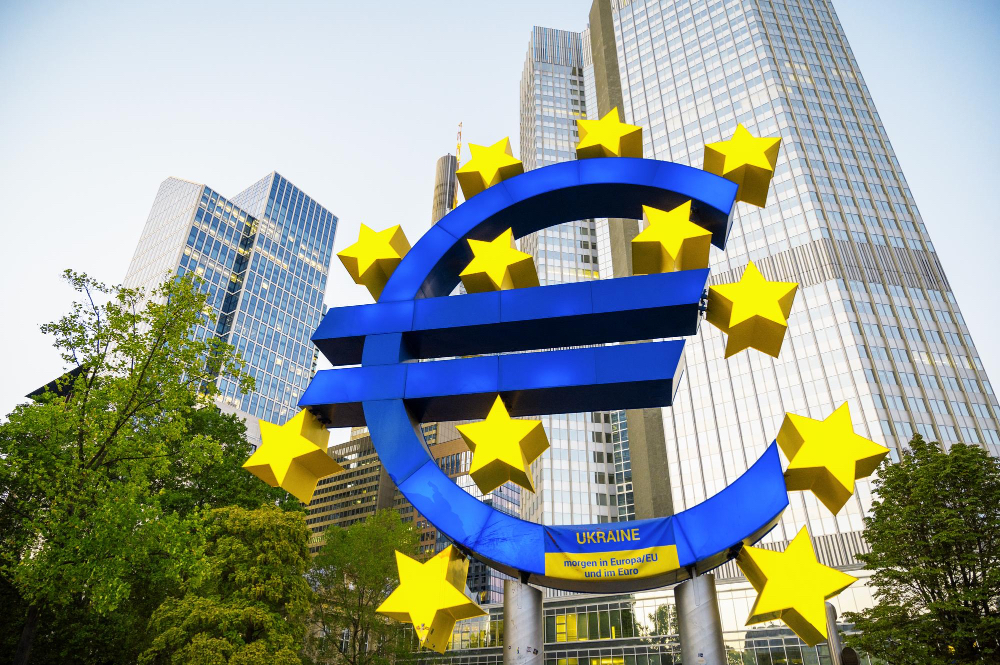Microsoft, in partnership with the Federal Government of Nigeria, Data Science Nigeria and Lagos Business School, has announced that its AI National Skills Initiative (AINSI) has reached more than 350,000 Nigerians with AI training, building on a wider effort that has delivered digital education to over four million people since 2021.
The programme aims to equip individuals, including everyday tech users, business leaders and public sector officials, with AI competencies to strengthen Nigeria’s position in the digital economy.
Key components include digital literacy workshops, business leadership sessions, an AI hackathon, and targeted developer courses covering analytics, DevOps, machine learning and data science.
Microsoft and its partners are also working with government-driven initiatives such as the Developers in Government and Three Million Technical Talent programmes to build a robust pipeline of technical talent.
Leadership training for public sector executives seeks to foster evidence-driven policymaking and responsible AI adoption.
Looking ahead, the Nigeria initiative aims to train up to one million citizens over three years, helping build a future-ready workforce capable of driving innovation, economic growth and national competitiveness in the AI era.
Would you like to learn more about AI, tech and digital diplomacy? If so, ask our Diplo chatbot!










